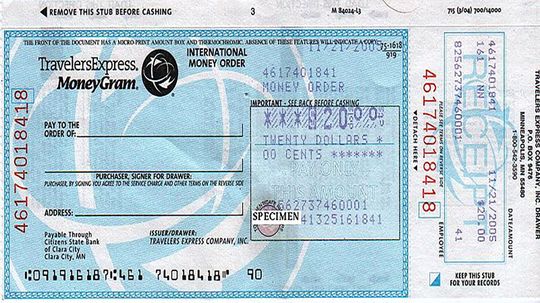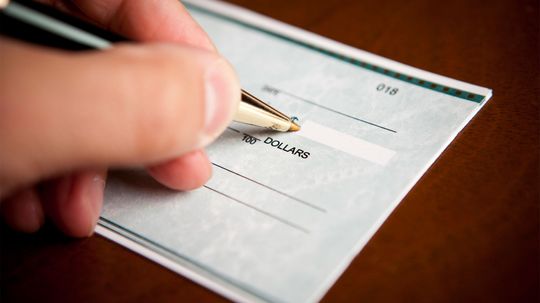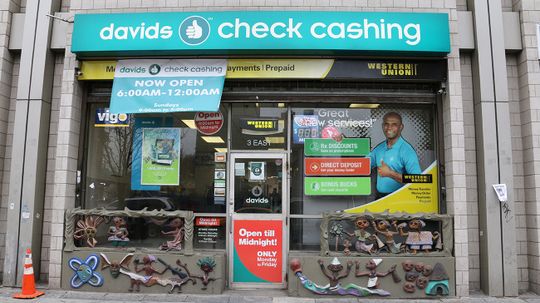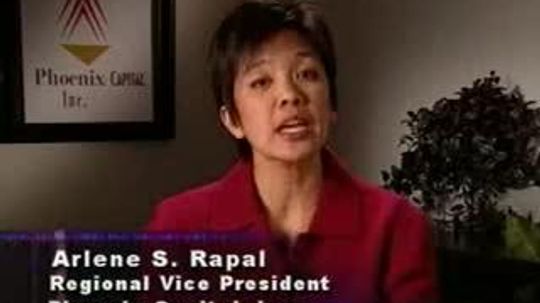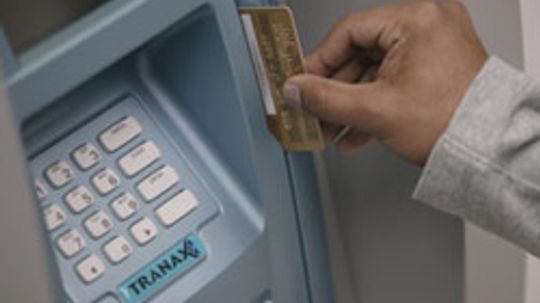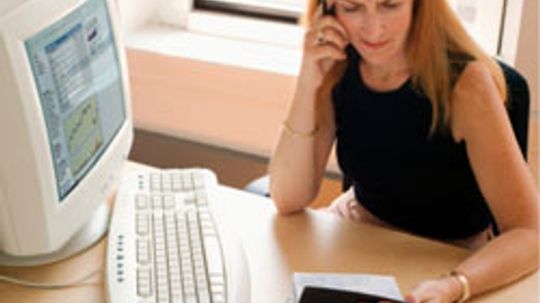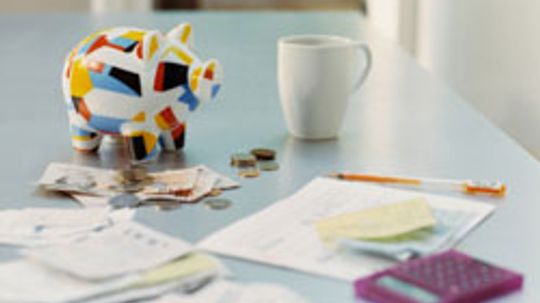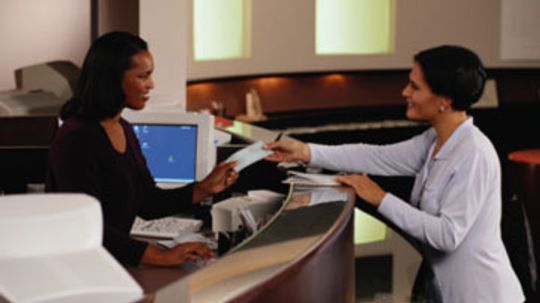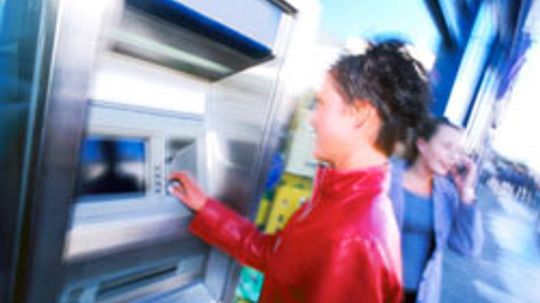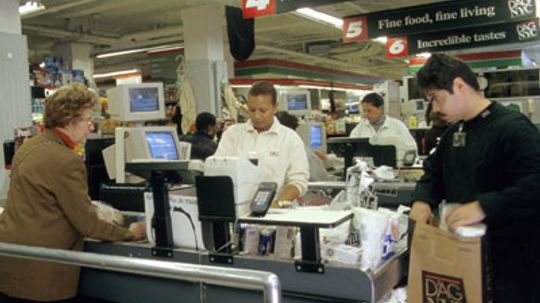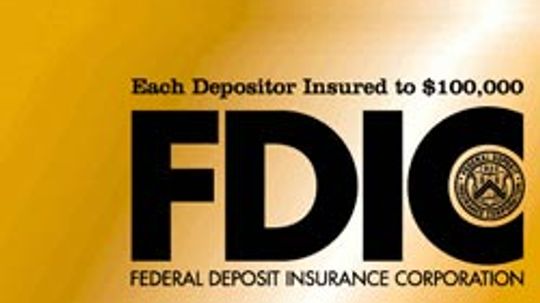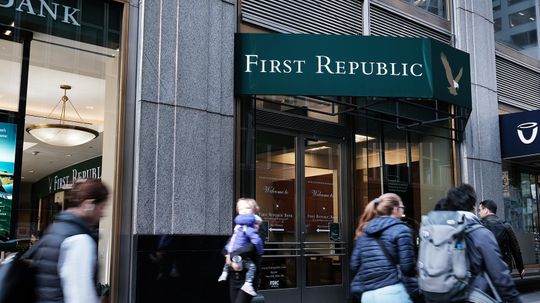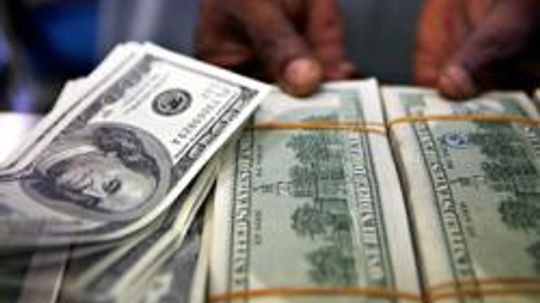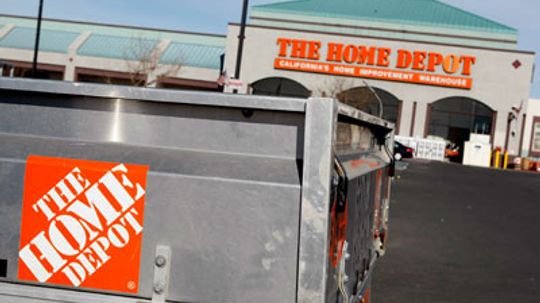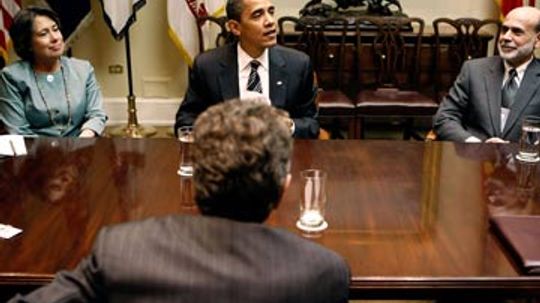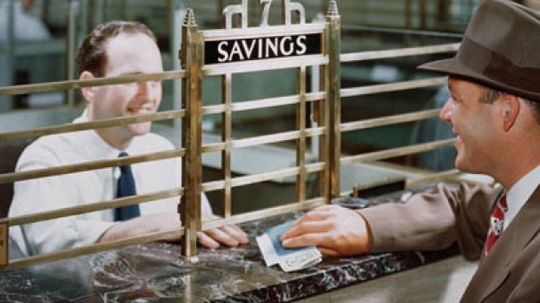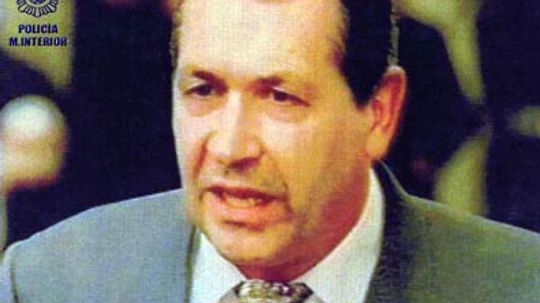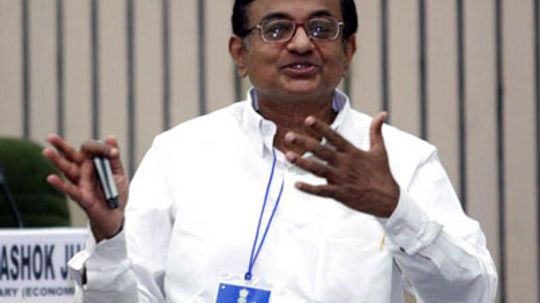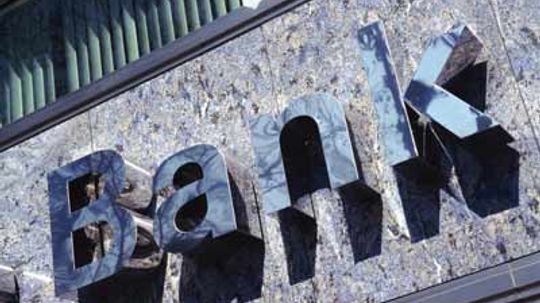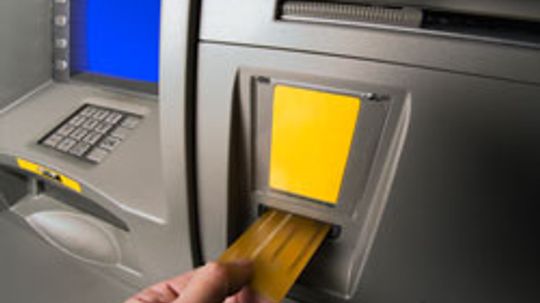Banking
You put your bank card in, you take your bank card out. Wait for the beep and wave your dollars all about. Seems so easy a kid could do it, but the technology inside is pretty cool. Learn about these automated tellers or how banks work in this Banking & ATM channel
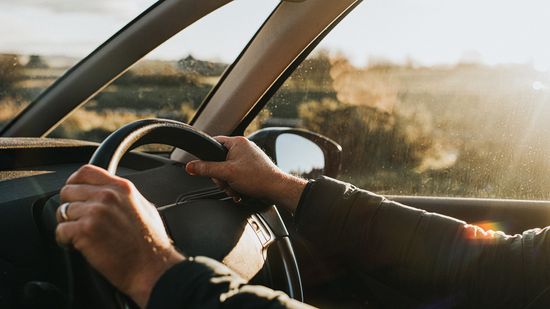
10 Types of Car Insurance Every Driver Needs to Know
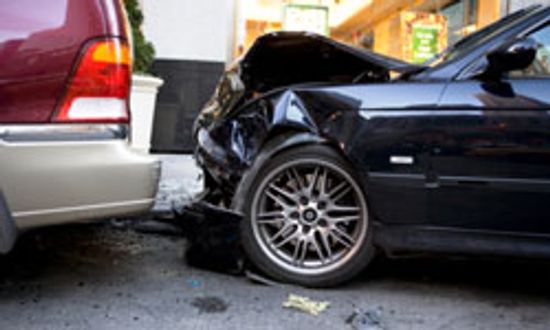
5 Common Auto Insurance Scams (And How to Avoid Them)
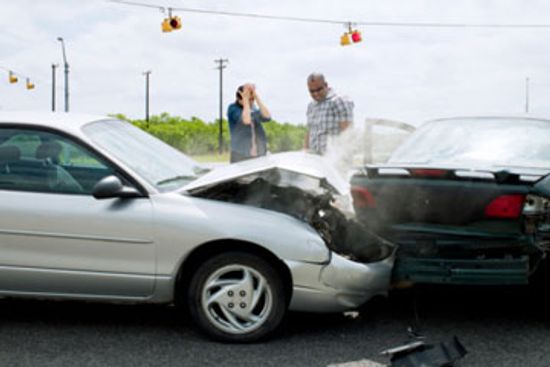
How Auto Insurance Companies Work

10 Least Expensive States to Live In

What Are the Different Types of Life Insurance?
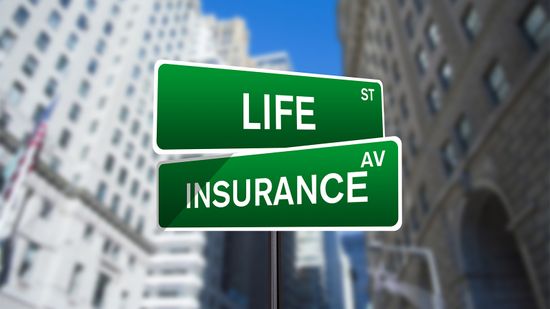
Do I Need Life Insurance?

Motel vs. Hotel: Differences in Overnight Accommodations

10 Things Hotels Don't Want You to Know

How Family Road Trips Can Be Done on the Cheap

How to Get Free Food While SNAP Benefits Are Delayed

11 Cheapest Halloween Candy Choices (and How to Shop Smart)
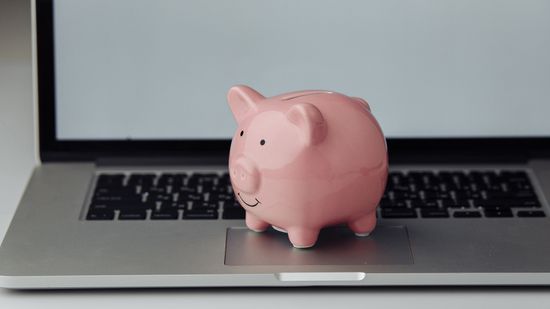
7 Best Chrome Extensions for Finding Coupons in 2023
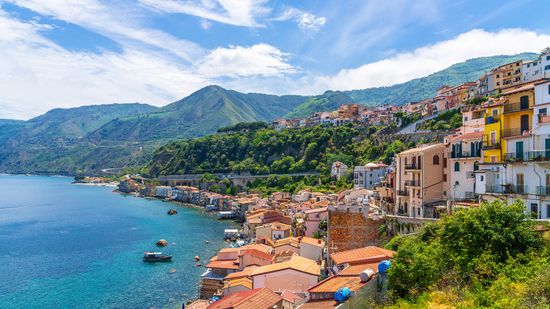
5 Places That Will Pay You To Move There (Including 1 in Italy)

Can you use student loans to buy a used car?

What to Do When a Friend Owes You Money
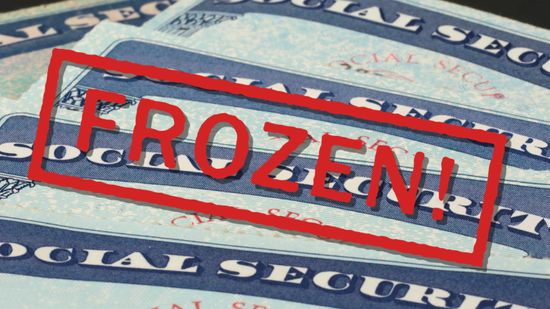
How to Future-proof Your Child's Credit From Fraud
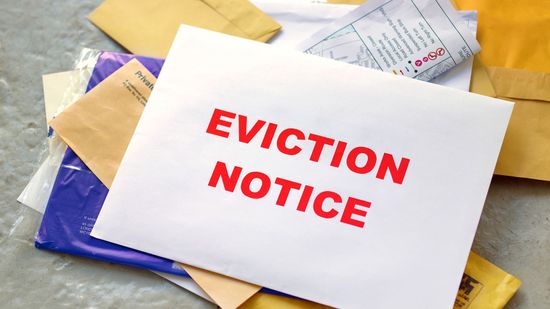
How to Avoid Being Evicted From Your Home
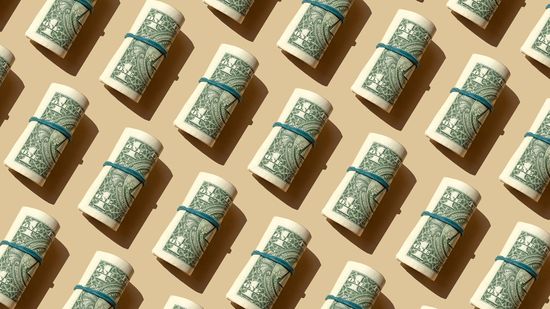
How Many Millionaires Are in the U.S.? More Than Any Other Country
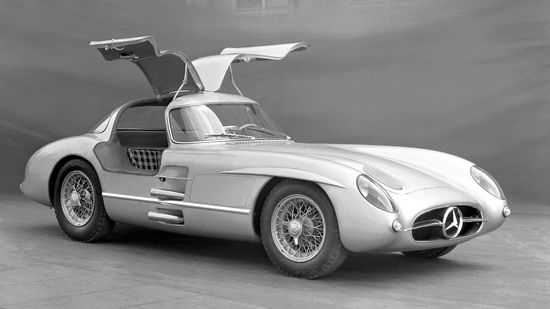
8 Most Expensive Things in the World, From Parking to Palaces
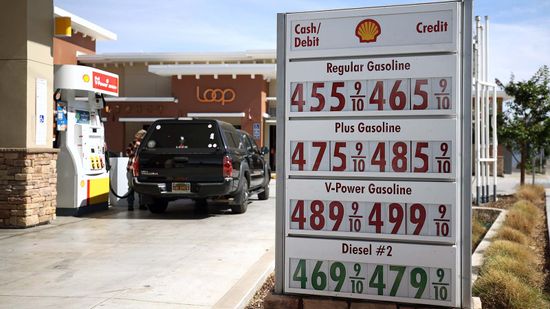
Where Should You Put Your Money When Inflation Is High?
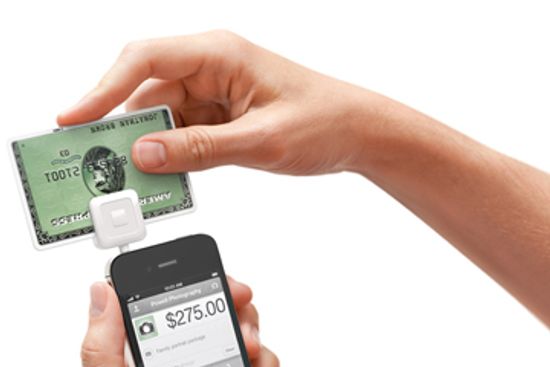
How Square Works

5 Ways Mobile Banking Alerts Can Benefit You
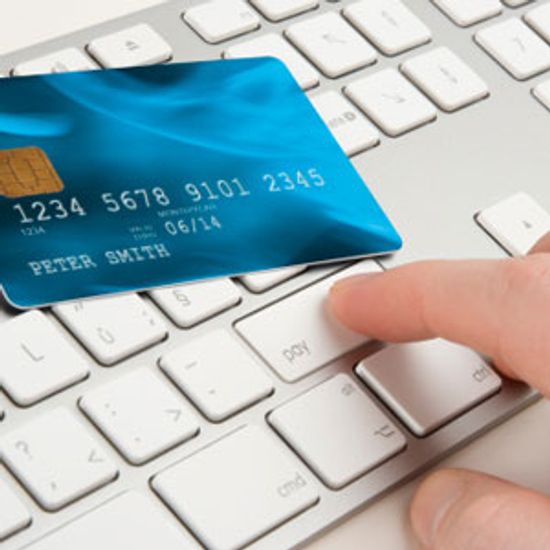
Is it safe to shop online with a debit card?

What's the Difference Between Student Loan Refinance and Student Loan Consolidation?

Is It a Good Idea to Refinance Your Student Loans?
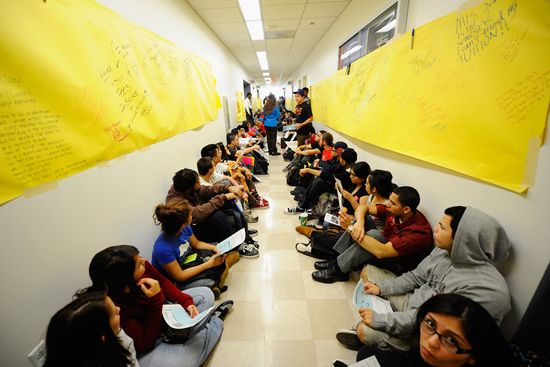
10 Reasons College Costs So Much

9 Pension-friendly States for Retirees

10 Tax-friendly States for Retirees
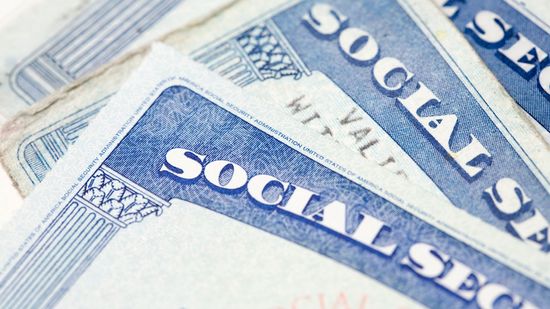
5 Reasons You Might Need to Visit the Social Security Office

10 Crypto-Tax-Free Countries (and Where to Find 'Crypto Valley')

10 Crypto-friendly Countries With Predictable Regulations
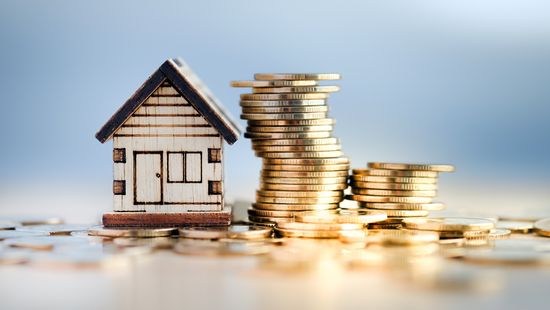
9 States With the Lowest Property Tax (and Just 1 Pacific Entry)
Learn More
Sometimes a money order is the best way to conduct a financial transaction, but knowing how to successfully fill one out is key.
Many people don't write checks anymore - or didn't grow up having to fill them out. Still, there are times when the old check is the most convenient (or only) method of payment. So how do you fill one out?
Even if you have no need for a checkbook, you still need your bank's routing number to set up online payment. So where do you find it?
Advertisement
Millions of people have figured out how to get by without a bank account, whether by choice or force of circumstance.
By Oisin Curran
By reconciling your checking account, you'll be able to keep a close eye on your account's balance. You can learn more about reconciling a checking account by reading this article.
When ATMs entered our daily lives in the '80s, an industry grew around the goal of making banking and living more efficient. But what can you do at an ATM aside from withdrawing cash?
Even though your bank offers a variety of convenient services, chances are they're not free. And regulations now require banks clearly state all of their fees upfront, but that doesn't mean we expect them.
Advertisement
If you're looking for a new place to put your money, it pays to concentrate on finding the right bank for you. What are some of the different things to consider for both your present needs and future financial growth?
From the outside, banks and credit unions seem very similar, but under the surface, the two types of financial institutions couldn't be more different. What are the differences between banks and credit unions?
These days ATM skimming is as easy as it looks in the movies -- and it's usually well camouflaged and hard to spot. But armed with some information, you should be able to spot a suspicious ATM when you see one.
Cash, credit or debit? You're probably thinking that's not much of a choice since it's all money anyway. That's not exactly true, and you could get burned if you're not careful.
By Josh Clark
Advertisement
Banks do much more than just hold (and repurpose) the money you give them. From mobile banking to international banks to bank alternatives, get a glimpse into the world of banking in our image gallery.
You've prudently pinched pennies to build your nest egg. But with the recent failures of First Republic and Silicon Valley banks, should you worry about losing your money if your bank goes bust?
During a routine car check-up, a service attendant announces to you that it will take $500 to repair your car. Normally, this cost wouldn't be a big deal, but this month you had to pay your income taxes, and you took a hit. How are you going to pay for the repairs?
A line of credit can help cover large, unexpected expenses like surgery fees that your medical insurance doesn't cover. With this type of loan, you don't start repayments until you borrow the funds.
Advertisement
The year was 1933, and financial ruin was everywhere. Enter the FDIC, created by U.S. Pres. Franklin D. Roosevelt to ensure that bank customers didn't lose their money if a bank failed. In 2008, a new financial crisis loomed. What did the FDIC do?
By Dave Roos & John Barrymore
Imagine having a money club with your neighbors to earn money from its profits, and to finance your own mortgages. That's why S&Ls were created, although many folded during the 1980s and 90s.
If you've been slapped with an overdraft fee greater than your check or debit charge, you may wonder whether you need all your money in the bank. There are options to banking.
By Jane McGrath
Ever absentmindedly tossed out a credit card bill or checked your bank balance from a computer at the library? Mistakes like these could pave the way for fraud.
Advertisement
You've probably heard of offshore bank accounts and Swiss bank accounts. You may have heard there's great wealth to be found in these foreign bank investments. But what's really so special about these international banking opportunities?
Credit unions are not-for-profit institutions that offer many banking services to their members. You may be surprised by who's eligible for membership.
By Dave Roos
Swiss bank accounts: They're not exactly the same in real life as they are in James Bond movies and Robert Ludlum books. What's behind their secrecy?
Any time of day, no matter where you are, your money is at your fingertips (and probably earning interest!). Checks, ATMs, electronic transfers -- the modern banking industry makes paying for stuff almost too easy.
Advertisement
You can stop at an ATM, push a few buttons, and leave with cash. Learn about the machines that give you money and the network that approves the transactions.
By Jim Bowen
